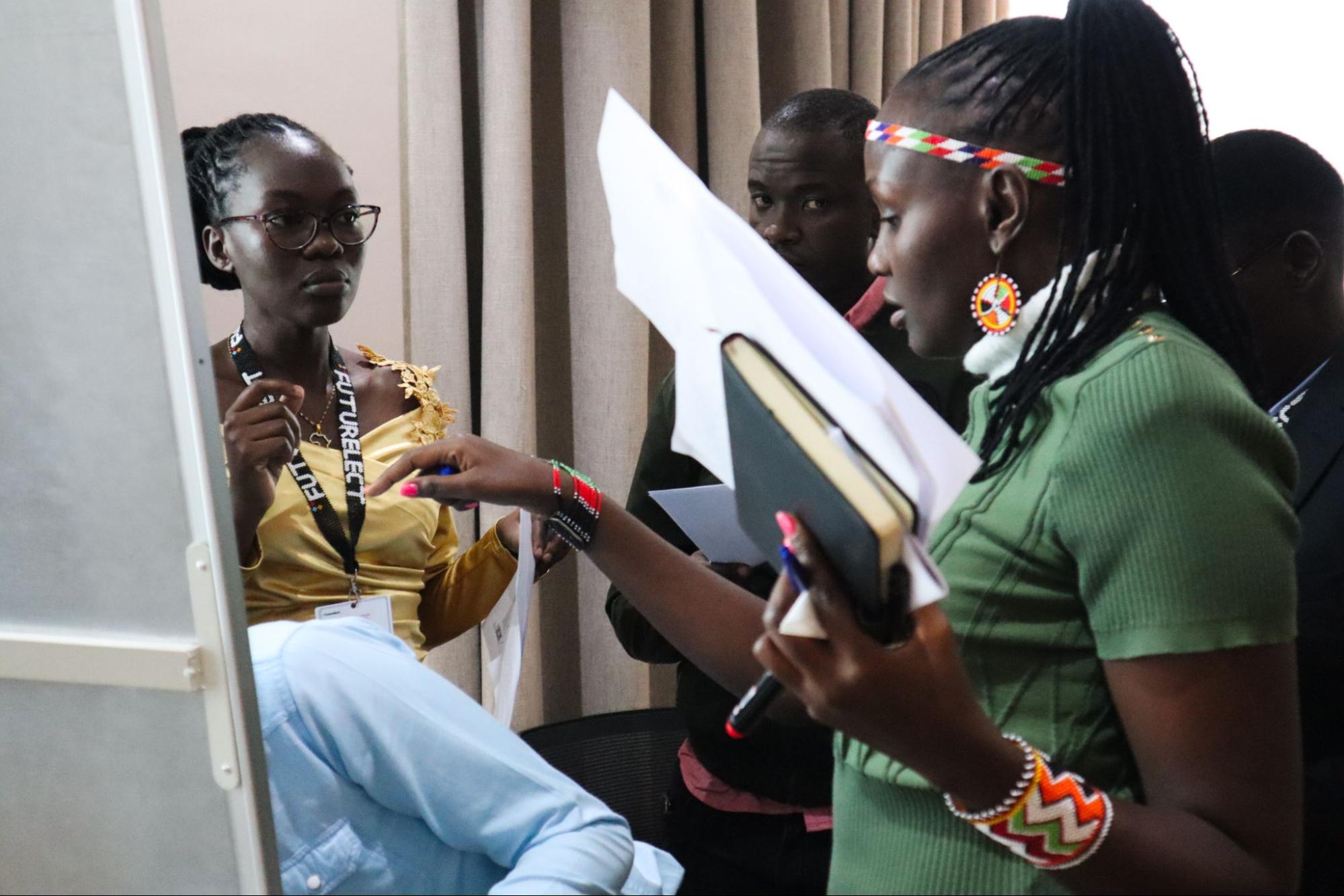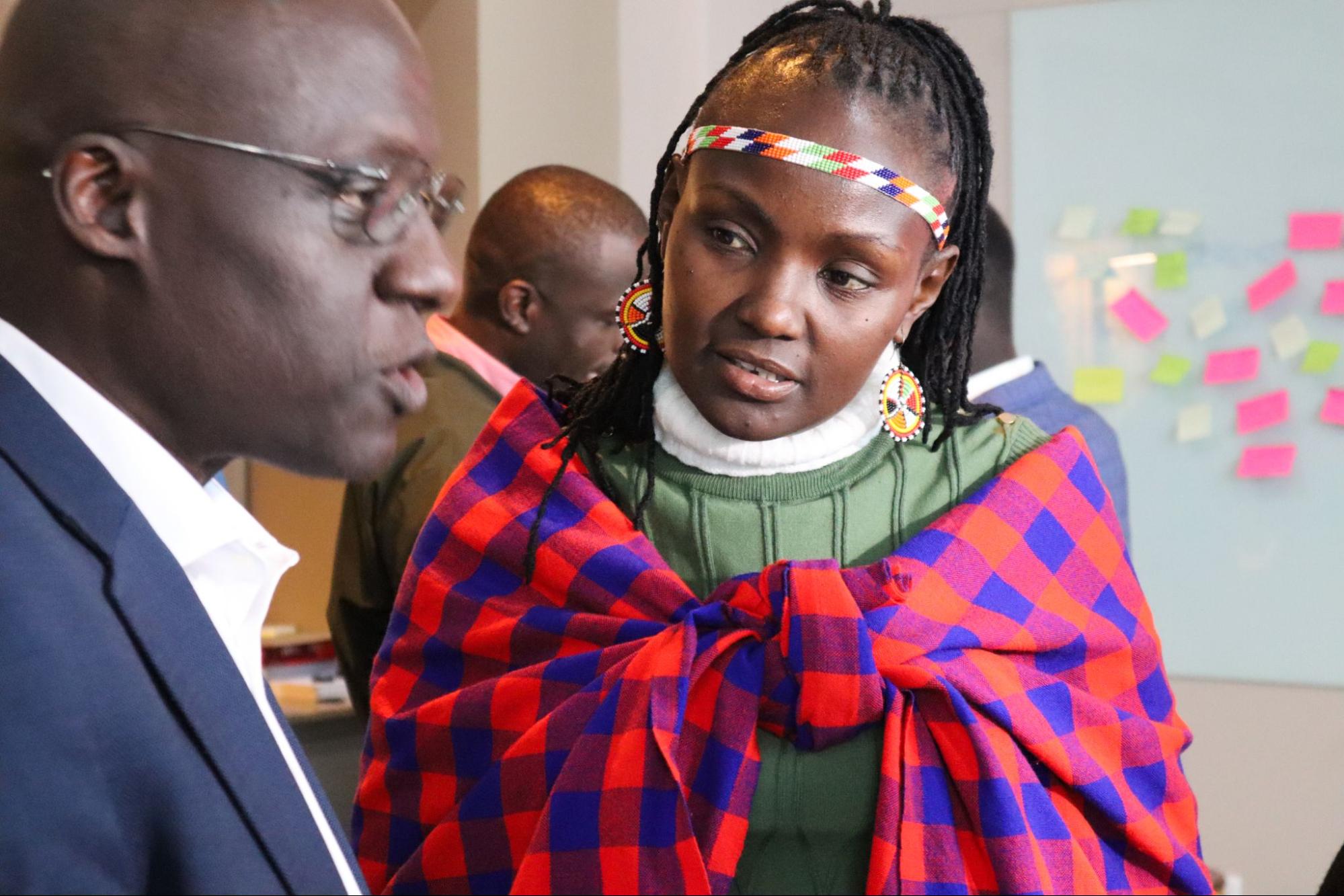- Details
- East Africa
- 550
With many historical political changes in East Africa, this is an essential moment that requires the political participation of youth and women, who are often marginalised and left out of political processes. Political corridors of power remain largely inaccessible to young people and women. Futurelect is determined to change this.
"Often, the political participation of young Africans and women, in particular, is relegated to voting and, at best, political mobilisation. At Futurelect, we want to shift this narrative and nurture a new generation of politicians and public leaders ready to run for political office or seek political appointments." Says Natasha Kimani, Regional Director for East Africa at Futurelect.

This is not a passive ambition—it is a directive. Futurelect's rigorous, nonpartisan nine-month fellowship is designed to prepare a new calibre of leaders. This interdisciplinary programme equips exceptional individuals with the resilience, knowledge, strategic acumen, and ethical grounding required to excel in government and elected office.
Futurelect is building a pipeline of ethical leaders and forging a movement of good governance excellence across Africa. The success of our alumni—many of whom have gone on to contest elections, assume advisory roles, and influence policy—demonstrates the urgent necessity of this work.
Launched in 2023, the East Africa Public Leadership Programme is already shaping the region's future. In February 2025, 18 fellows will graduate into an emerging generation of moral, competent, and visionary leaders ready to assume public office. The programme has instilled integrity, accountability, and strategic governance in such leaders to ensure they are prepared to lead and lead with purpose. Their journey marks the beginning of a leadership transformation that will ripple across East Africa for many years. Applications for the next East Africa Public Leadership Programme cohort are open until 4 April 2025.

Africa's future will not be dictated by external forces but shaped by the leaders it cultivates today. The time to invest in bold, principled, and visionary leadership is now. Futurelect is not asking for permission to lead this charge—it is taking up the mantle.
For those ready to run, the future starts here.
For more information or to apply visit https://www.futurelect.org/eastafricapublicleadershipprogramme.






